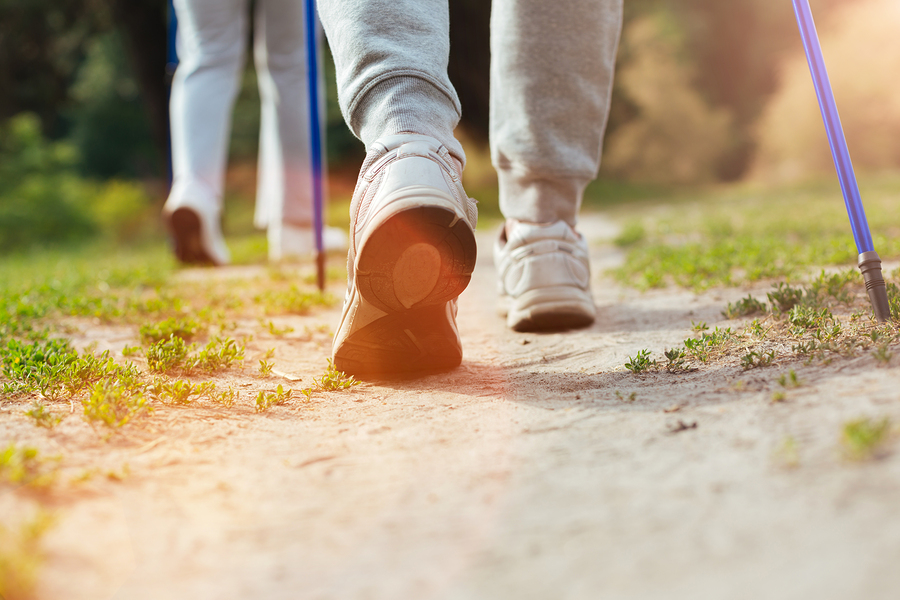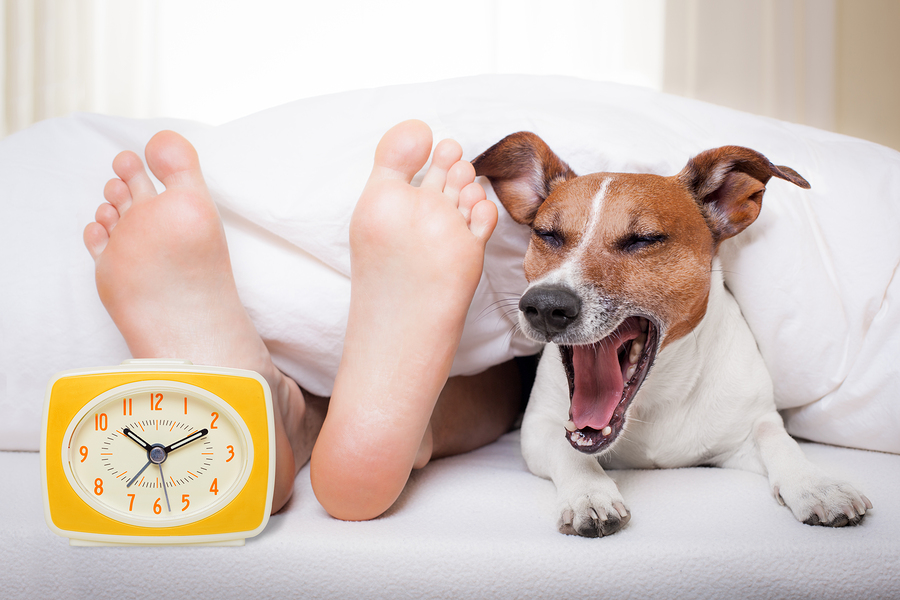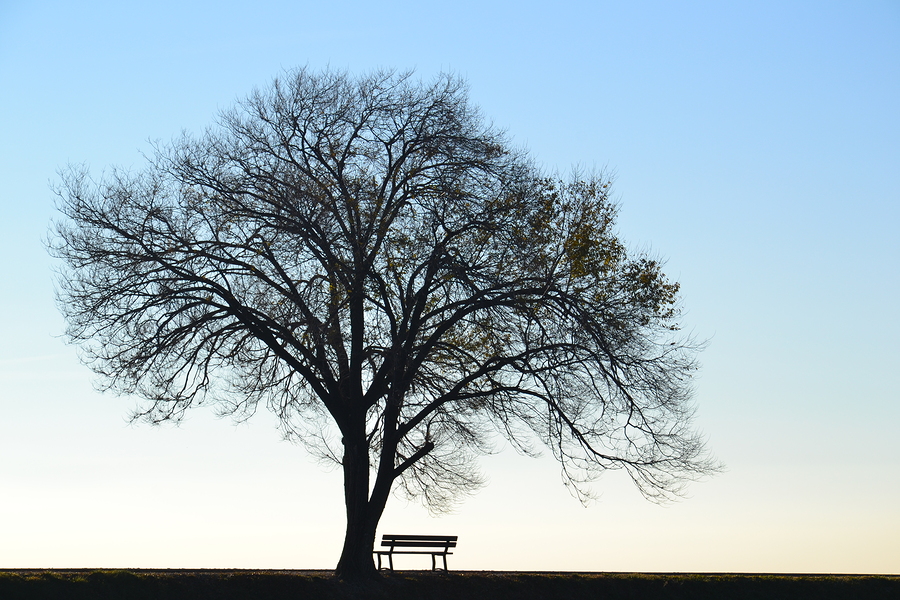Could your winter blues be something more serious?
What to do if you’re worried about SAD
Seasonal affective disorder is a lot more complex than just mourning the end of summer and being a bit glum. We find out more.
Autumn has arrived and it already feels like we’re heading into the depths of winter. With the annual ritual of putting the clocks back too, it’s easy to feel a bit gloomy about the darker evenings to come.
For around 6% of the UK population though, the onset of winter brings ‘major depressive episodes’ that can be extremely debilitating, making keeping up everyday tasks very difficult.
Far from being just a touch of ‘winter blues’, seasonal affective disorder – otherwise known as SAD – is a form of clinical depression that has a clear pattern, occurring at the same time each year during winter.
“People with SAD regularly feel low in mood during the winter season, but recover during the summer,” says LloydsPharmacy pharmacist Anshu Kaura, (lloydspharmacy.com).
“You might notice a loss of pleasure or interest in normal activities, feeling irritable, worthless, guilty or in despair, a lack of energy or lethargy during the day, and struggling to get up in the mornings.”
While only a small percentage of the population suffer with chronic and very debilitating SAD, experts believe many more of us may suffer mild effects of the disorder during the winter months; a case of the winter blues that can’t be remedied simply by supping on a pumpkin spice latte or listening to Christmas songs.
“The NHS estimates that around one in 15 people in the UK are affected by SAD between September and April, and symptoms can increase during December, January and February,” says Kaura, who adds that “women are four times more likely to be affected than men, and are more at risk if they are between the ages of 18 and 30″. A family history of depression, bipolar disorder or SAD may also increase your risk.
There are lots of different ideas about why SAD occurs, but evidence seems to point towards lack of sunlight being a trigger for some people. Less daylight hours in winter means the body produces more of the sleep hormone melatonin, which can cause lethargy and symptoms of depression.
What can I do to combat it?
1. Try getting more daily exercise

Kaura explains: “If you experience SAD, lifestyle changes like regular exercise and getting as much sunlight as possible (for example trying to take at least a 20-minute walk outside every lunchtime) can make all the difference.” Other behavioural habits – like making your workspace light and airy and sitting near windows when you’re indoors – can have a positive effect on your overall mood too.
2. Consider your light exposure and vitamin D intake

food high in vitamin D
The power of vitamin D shouldn’t be underestimated. “In the UK, winter sunlight from October to early-March doesn’t contain enough UVB radiation for our skin to make vitamin D,” says Kaura. “During these months, we rely on getting vitamin D from food sources, such as oily fish, red meat and egg yolks.”
However, the NHS suggests everyone in the UK should take a vitamin D supplement during winter, and vitamin D deficiency is fairly widespread, which can impact on your health in a number of ways. “You should speak to your GP if you suspect you may be deficient and they can perform a simple test,” says Kaura.
There’s tech that can help too. “You could also consider using a sunrise lamp to stimulate exposure to sunlight, known as light therapy,” says Kaura. Lamps such as a Beurer TL20 SAD Lamp (£54.99, available from LloydsPharmacy), simulate natural daylight to help regulate your sleep and wake hormones.
“Herbal remedies like St John’s wort are also available at your local pharmacy, and are thought to improve mood and may help those with mild to moderate symptoms. However, they shouldn’t be used with a light box, as it can make your skin more sensitive to light,” warns Kaura.
3. Manage your diet
 When we’re feeling tired and rundown, it’s easy to reach for sugary foods like chocolate, cakes and biscuits to boost our blood sugar levels, but dietitian Helen Bond says the energy boost will be short-lived.
When we’re feeling tired and rundown, it’s easy to reach for sugary foods like chocolate, cakes and biscuits to boost our blood sugar levels, but dietitian Helen Bond says the energy boost will be short-lived.
“It’s much better to go for healthier choices, which will give us a longer lasting source of energy, such as fruit, nuts and seeds, yogurt and oat cakes.
“Also, when we are tired and sleep-deprived, our levels of the hunger hormone ghrelin surge, which makes us crave these high sugary, fatty foods which will not give us sustained energy,” she adds. “It won’t help feed our gut microbes, too – which is a double whammy for our energy levels.
“The best way to get all the nutrients, vitamins and minerals our bodies and gut microbes need is to eat a well-balanced and varied diet. But eating healthily can be challenging, especially when we’re busy juggling busy work schedules with the hectic demands of family life.”
It’s certainly not a substitute for a healthy and varied diet, but Bond says taking a daily multivitamin and mineral food supplement can help top up your levels of energy-giving nutrients and ensure that you achieve recommended daily intakes.
4. Sort out your sleep routine

Feeling lethargic and sleepy during the day, or sleeping for longer than normal, are key symptoms of seasonal affective disorder, so taking steps to manage the time your spend in bed can help to keep both body and mind in a healthy routine.
Dr Irshaad Ebrahim, medical director of The London Sleep Centre, says, “Everyone is different and so is the amount of sleep they need each night.
On average, a ‘normal’ amount of sleep for an adult is considered to be around seven to nine hours a night, but children and babies sleep for much longer than this.”
That said, Ebrahim believes quality of sleep is more important than the amount of sleep – and if you don’t get enough good quality sleep you’ll feel tired the next day, no matter how many hours you’ve had.
“We need the perfect conditions for optimal sleep – this includes the temperature of the room.” In the winter, we often rely on central heating to keep us warm, but Ebrahim explains that, naturally, our body temperature drops and raises whilst we sleep. So try keeping the heating off but having a few layers of bedding instead, so you can remove or add layers throughout the night.
“It’s tempting to get a few extra hours sleep at the weekend and many people look forward to a Sunday lie-in. However, changing your sleep pattern can knock your body out of routine for the coming week. It’s best to try and stick to the same bed time and wake-up time if possible,” he adds.
And if you’re really struggling?
If you’ve tried self-help and lifestyle measures and SAD is still affecting your day-to-day life, talk to your GP or pharmacist. An accurate diagnosis can be really helpful and there are treatment options that can help. These can include antidepressants and drug-free treatments like cognitive behavioural therapy (CBT), and a qualified medical professional will be able to chat through the best course of action for you.
The Press Association
Latest posts by The Press Association (see all)
- The best ways to boost your immune system as cold temperatures hit - January 5, 2025
- The Osmonds star and ‘beloved husband and father’ Wayne Osmond dies aged 73 - January 2, 2025
- What screenings are available on the NHS to detect cancer early? - January 2, 2025
- Help your grandchildren make the most of Big Schools’ Birdwatch - January 1, 2025
- Veteran radio star Johnnie Walker dies aged 79 - December 31, 2024




















